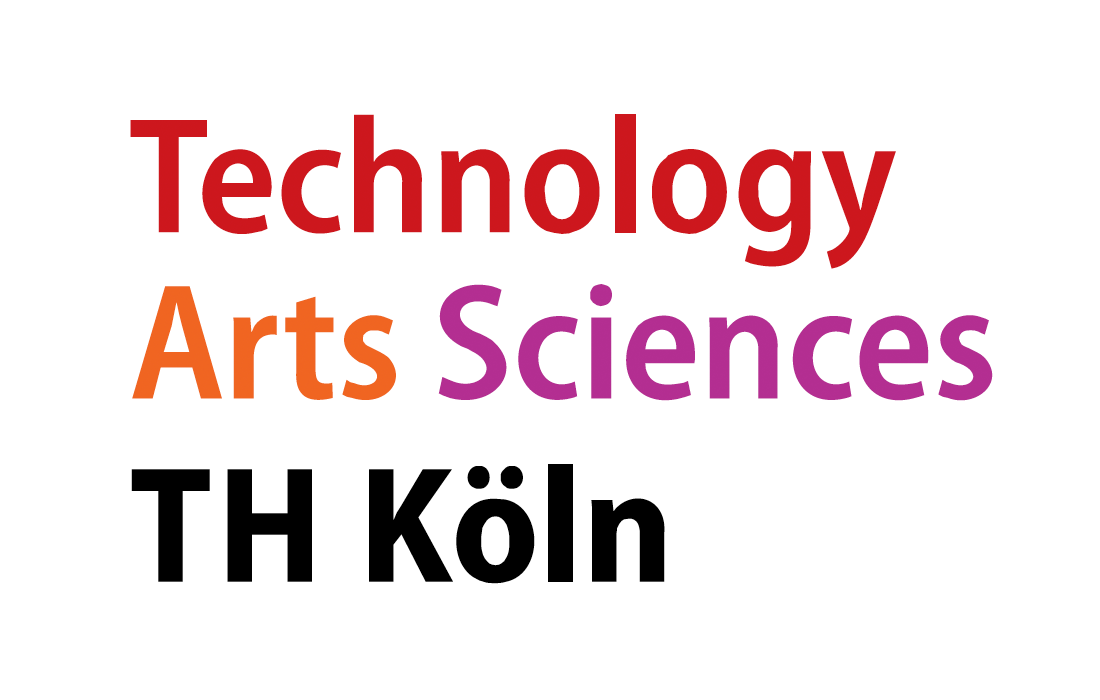Beitrag zu Handlungsfeldern
Nachfolgend ist die Zuordnung des Moduls zu den Handlungsfeldern des Studiengangs aufgeführt, und zwar als anteiliger Beitrag (als ECTS und inhaltlich). Dies gibt auch Auskunft über die Verwendbarkeit des Moduls in anderen Studiengängen und über die Beziehung zu anderen Modulen im selben Studiengang.
| Handlungsfeld |
ECTS (anteilig) |
Modulbeitrag zum Handlungsfeld |
| Generating and Accessing Knowledge |
4 |
Ability to design an enterprise infrastructure for Business Intelligence / Business Analytics; i.e. analytical data structures, algorithms and processes to deliver analytical services - how data can be transformed to value-adding insights to the current business by classical means and how predictive means can improve upcomimg business decisions.
|
| Empowering Business |
2 |
Analyzing how data can foster value-adding insights to the current business by classical means and how predictive means can improve upcomimg business decisions.
|
Learning Outcome
- Enabling students to design and implement a Business Intelligence and Business Analytics infrastructure so as to support management decision
- by structuring customers‘ requirements, analyzing data source quality and identifying appropriate data structures and algorithms
- they will become able to design an appropriate infrastructure. They plan the staging of raw data to analytical data and assess the applicability of classical and modern techniques delivered by common BI/BA platforms.
- Based on these skills they will be able to build up an appropriate decision support infrastructure to improve decision processes and to maximize enterprise profits.
Inhaltliche Beschreibung des Moduls
- Classification of decision support
- Methodology Reference models for BI/BA infrastructure development
- Data Preparation for classical and advanced analytics
- Data structures for management support (Data vault, Multi Dimensional, No-SQL)
- Applicability of advanced algorithms
- Flipped classroom
- Exercises + team work
- hands-on-workshop on ETL tools
Zur Verfügung gestelltes Lehrmaterial
- Software tools for
- … multidimensional modeling
- … data transformation
- … report generation
- … data Mining
Weiterführende Literatur
- Giles, J.: Elephant in the Fridge. Guided steps to data vault success through building business-centered models. Technics Publications, 2019
- Hultgren, H.: Modeling the Agile Data Warehouse with Data Vault. Brighton Hamilton, 2012.
- Kimball R.: The Data Warehouse Lifecycle Toolkit. John Wiley & Sons. 2008
- Linstedt, D.; Olschimke, M.: Building a scalable data warehouse with data vault 2.0. Amsterdam, Netherlands: Morgan Kaufmann, 2016.
- further sources to follow
